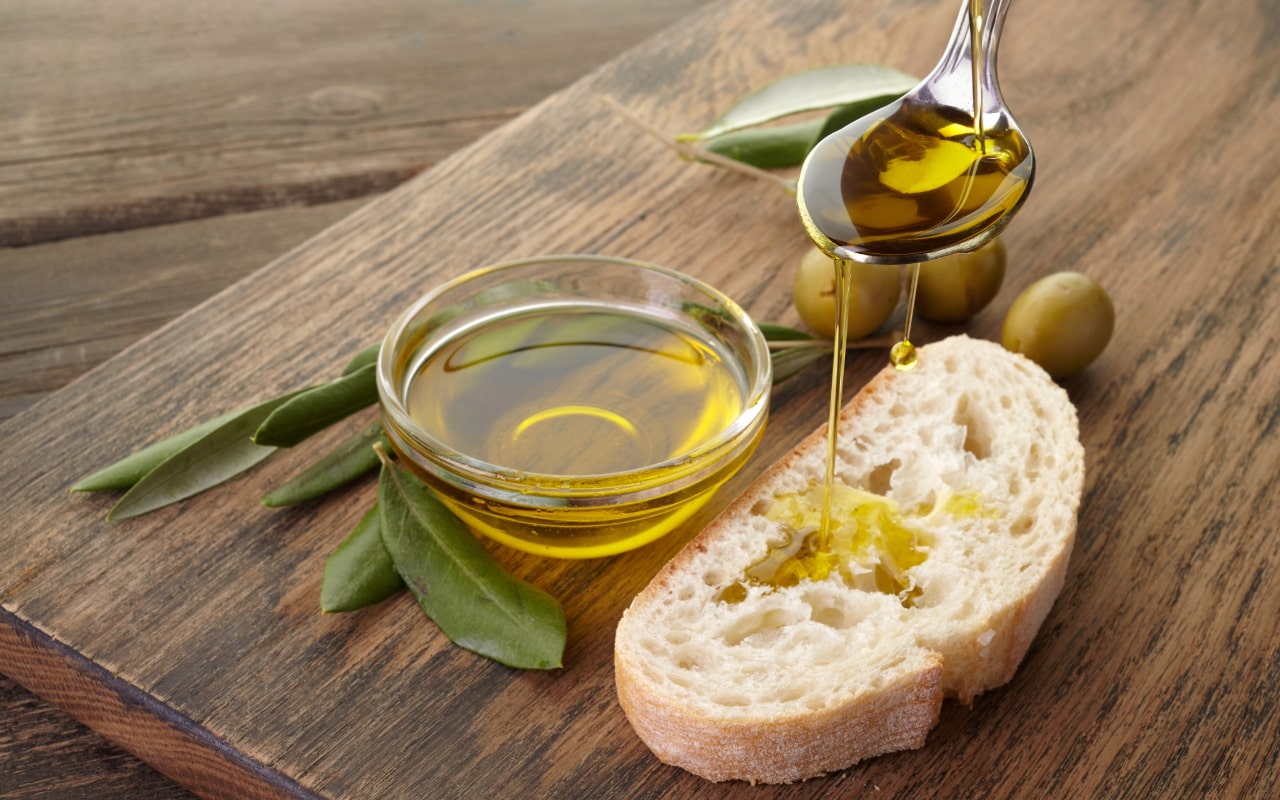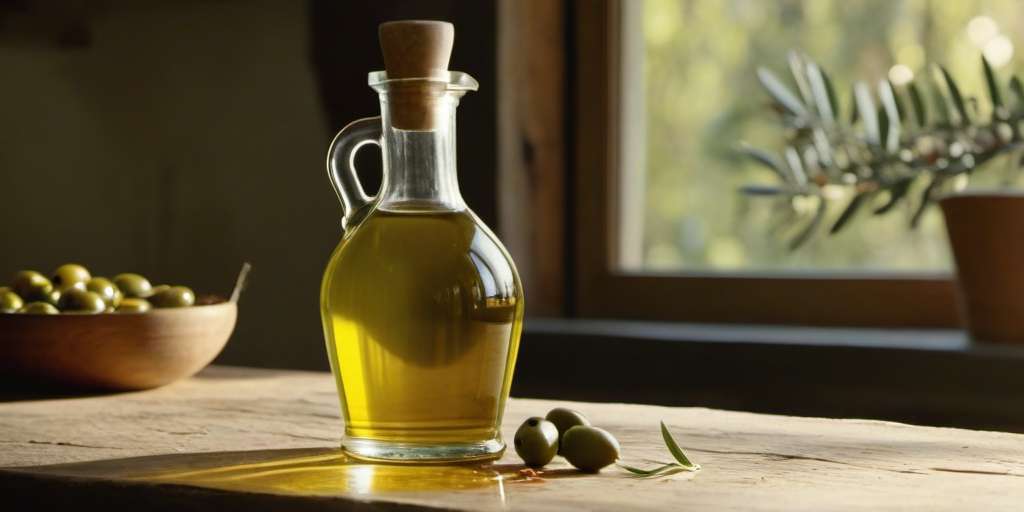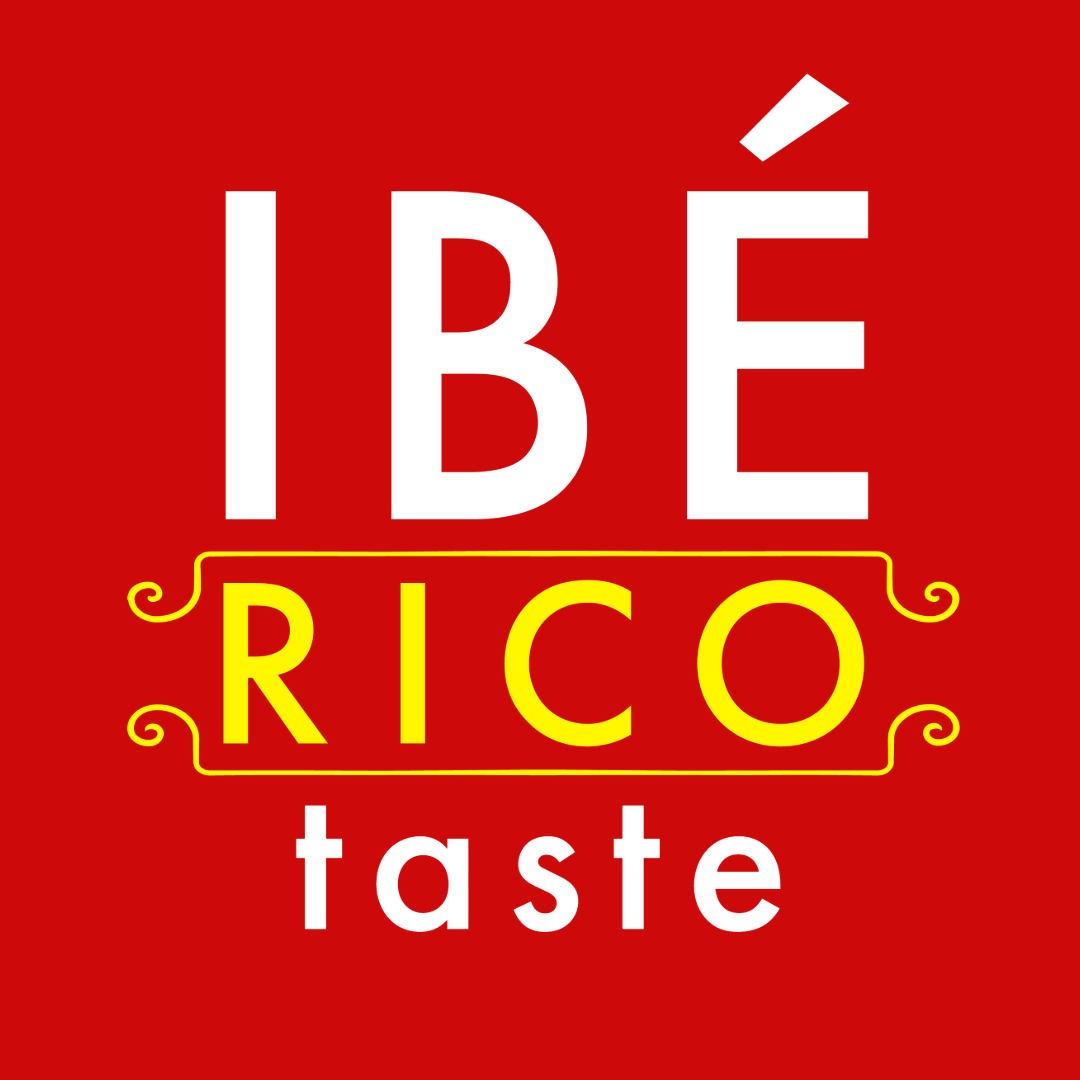
Picual Olive Oil: Discover its Health Benefits and Culinary Versatility
por Guillermo Pabon Garcia
en Aug 27, 2024
Picual olive oil is a renowned variety originating from Spain, particularly valued for its unique flavor and health benefits. It represents a significant portion of olive oil production globally, making it a staple in Mediterranean cuisine. This oil is characterized by its vibrant green color and robust taste. Many appreciate its versatility, as it can enhance various dishes while also providing numerous health advantages. The following sections will explore its origins, characteristics, production methods, and culinary uses.

Origins of Picual Olive Oil
The origins of Picual olive oil are deeply rooted in the rich history and agricultural traditions of southern Spain. This renowned olive variety has become a cornerstone of both local cuisine and global culinary practices.
Historical Background
The Picual olive tree has been cultivated for centuries, with its history tracing back to ancient times. Historically, this variety has been cherished not only for its robust flavor but also for its ability to adapt to various environmental conditions.
The cultivation of Picual olives flourished particularly during the Moorish occupation of Spain, when advanced agricultural techniques were introduced. This period significantly influenced the cultivation methods and the appreciation of olive oil, establishing a tradition that continues to this day.
Research indicates that the Picual variety became prominent in the 18th century, particularly in the province of Jaén. This shift marked its rise as one of the most commonly produced olive oils in Spain, contributing extensively to both local and international markets.
Picual Olive Regions in Spain
Spain is home to various regions that are integral to the cultivation of Picual olives. These areas offer optimal climate and soil conditions, fostering the growth of high-quality olives known for their distinct characteristics.
Sierra de Cazorla
Sierra de Cazorla, located in the province of Jaén, is often regarded as the birthplace of the Picual olive. This mountainous region provides the perfect environment for olive trees, characterized by its well-drained soil and favorable climate conditions.
The landscape of Sierra de Cazorla is dotted with olive groves, where traditional farming methods are still in practice alongside modern techniques. The local commitment to sustainable agriculture enhances the quality of the oil produced, making it a sought-after variety for culinary enthusiasts.
In addition to its agricultural significance, the area is recognized for its natural beauty and biodiversity, attracting visitors and promoting ecotourism, thereby highlighting the cultural and economic importance of the Picual olive.
Other Prominent Areas
- Andalusia: Beyond Jaén, various other regions in Andalusia also produce Picual olives. These areas contribute significantly to the overall production of Picual olive oil.
- Granada: Known for its fertile lands, Granada has become a significant player in the cultivation of Picual olives, adding to the diversity of flavors and oil profiles.
- Almería: The dry and warm climate of Almería creates ideal growing conditions for the Picual olive, ensuring a distinctive oil that reflects the unique terroir of the region.
Each of these regions has its own unique characteristics, which influence the flavor and quality of the oil produced. The combination of climate, soil, and traditional methods makes these areas vital to the heritage and future of Picual olive oil.
Unique Characteristics of Picual Olive Oil
The distinctive qualities of Picual olive oil set it apart in the crowded world of olive oils. Known for its unique blend of appearance, aroma, and flavor profile, this oil captures the essence of its Mediterranean roots.
Appearance and Aroma
Picual olive oil is recognized for its striking visual appeal and robust aroma. The oil displays a vibrant, rich green hue, indicative of its premium quality. This color is a result of the high concentration of chlorophyll, which signifies the freshness of the olives used in its production.
The aroma is equally compelling, often described as intense and complex. It typically features fresh green notes that evoke a sense of the olive groves where the olives are harvested. This aromatic profile plays a crucial role in how the oil enhances culinary creations.
Flavor Profile
The flavor profile of Picual olive oil is multifaceted and intriguing, embodying the flavors of the region where it is produced.
Fresh Green Notes
One of the standout attributes of Picual olive oil is its fresh green notes. These flavors are reminiscent of freshly cut grass and unripe fruits, contributing to a vibrant taste experience. Such freshness is often the first impression when tasting this oil, making it an excellent base for dressings and marinades.
Herbaceous and Fruity Flavors
Complementing the fresh green notes, Picual olive oil also offers a delightful blend of herbaceous and fruity flavors. Expect subtle hints of artichoke and tomato, which contribute to its complexity. This combination of flavors makes it stand out as a versatile ingredient in various culinary applications.
Some tasters note a pleasant bitterness and peppery finish that enhance its overall character, engaging the palate in a way that few other oils can. This unique balance not only elevates simple dishes but also complements richer flavors, making Picual olive oil an essential staple in kitchens that celebrate Mediterranean cuisine.
Production Process
The production of olive oil is a meticulous process, combining traditional techniques with modern advancements to ensure the highest quality. Each step, from harvesting to extraction, significantly influences the final product's taste and health benefits.
Harvesting Methods
Harvesting methods are critical in determining the quality and characteristics of the oil. The timing and technique used can affect both the yield and the flavor profile of the oil.
Optimal Harvest Time
The optimal harvest time for the olives occurs in late fall, specifically around November. During this period, the olives reach their peak ripeness, maximizing oil content while ensuring the best flavor profile. Early harvesting is often pursued for producing more robust oils rich in antioxidants, while slightly later harvesting can yield oils with milder flavors.
Traditional vs Modern Techniques
There are two predominant approaches to harvesting olives: traditional and modern. Traditional methods involve handpicking the olives, allowing for careful selection and reducing damage to the fruit. This method is labor-intensive but results in high-quality products.
- Pros of Traditional Methods:
- Careful selection of olives.
- Minimal damage to the fruit.
- Environmentally friendly.
- Cons of Traditional Methods:
- Labor-intensive and time-consuming.
- Higher production costs.
Modern techniques, on the other hand, might utilize mechanical harvesters that shake the trees, causing olives to fall onto nets placed below. While this method is more efficient and less labor-intensive, it can lead to more bruised olives and overall lower quality oil.
Extraction Techniques
The extraction process is vital to obtaining high-quality oil. The techniques applied during this stage can strongly impact the flavor, color, and nutritional properties of the oil.
Cold-Pressed Method
The cold-pressed method involves grinding olives into a paste and extracting the oil without applying heat. This preservation technique helps retain the olives' natural flavors, aromas, and beneficial compounds. Cold pressing is not only preferred for its superior taste but also allows for a higher concentration of antioxidants.
Preservation of Compounds
During extraction, preserving the beneficial compounds found in olives is essential. The absence of heat during cold pressing helps maintain phenolic compounds and other antioxidants that contribute to health benefits. Minimizing exposure to light and air throughout the extraction process further aids in retaining the oil's quality.
Quality Control Measures
Ensuring high-quality olive oil involves rigorous quality control measures. Producers routinely test for acidity levels and peroxide values, among other factors, to maintain product integrity.
Acidity Levels
The acidity level of olive oil is a crucial quality indicator. High-quality oils, especially extra virgin varieties, typically have low acidity levels, often below 0.8%. Producers maintain strict control during handling and processing to prevent an increase in acidity, which can occur due to improper storage or extraction methods.
Peroxide Values
The peroxide value measures the amount of hydroperoxides in the oil, indicating its freshness. For high-quality oils, the peroxide value should not exceed 20 meq/kg. Regular monitoring ensures that the oil is free from rancidity and that it maintains its delightful flavors and aromas.
Health Benefits of Picual Olive Oil
Picual olive oil is widely recognized for its remarkable health benefits, making it a staple in many diets. It contains various compounds that contribute to overall well-being and has been linked to numerous positive effects on health.
Cardiovascular Benefits
The consumption of Picual olive oil has been correlated with improved heart health. Its high levels of monounsaturated fats, particularly oleic acid, support a healthy cardiovascular system by influencing cholesterol levels.
- The oil helps reduce LDL cholesterol (the "bad" cholesterol) while increasing HDL cholesterol (the "good" cholesterol).
- It also aids in lowering blood pressure, which is crucial for maintaining cardiovascular health.
- Rich in antioxidants, Picual olive oil further protects the heart from oxidative stress.
Anti-inflammatory Properties
Picual olive oil is packed with polyphenols, which have potent anti-inflammatory effects. Regular consumption can significantly reduce inflammation markers in the body.
- This oil can help alleviate symptoms related to chronic inflammation, thus supporting individuals with conditions like arthritis and other inflammatory disorders.
- Studies suggest that the anti-inflammatory properties can also contribute to reducing the risk of chronic diseases, including heart disease and certain types of cancer.
Weight Management
Incorporating Picual olive oil into the diet may aid in weight management. Its healthy fat content can promote satiety, leading to reduced overall calorie intake.
- The presence of monounsaturated fats in the oil contributes to a feeling of fullness, which can help curb cravings.
- When used as part of a balanced diet, it can support metabolic health and facilitate weight loss efforts.
Skin Health
Rich in antioxidants, Picual olive oil is also beneficial for skin health. Its moisturization properties can improve skin texture and combat signs of aging.
- The oil helps protect the skin against harmful UV rays due to its antioxidant content, effectively acting as a natural sunscreen.
- Using Picual olive oil can enhance skin hydration, making it a popular ingredient in cosmetics and skincare products.
Culinary Uses of Picual Olive Oil
Picual olive oil stands out in the kitchen for its vibrant flavor and versatility. From dressings to cooking techniques, the unique qualities of this oil elevate dishes, making it a favorite among culinary enthusiasts.
Dressing and Sauces
This olive oil is an excellent choice for creating dressings and sauces due to its rich flavor profile. Using it in salads can transform simple greens into a delightful dish. Here are some popular applications:
- Simple vinaigrettes can be made by mixing Picual olive oil with vinegar or lemon juice. The oil's robust taste pairs well with both balsamic and red wine vinegar.
- When blended with herbs and spices, it becomes an ideal marinade for meats and vegetables, adding depth and enhancing natural flavors.
- In sauces, it can serve as a base for aioli or pesto, contributing to a creamy texture while infusing aromatic notes.
Cooking Techniques
The high smoke point of Picual olive oil makes it suitable for various cooking methods, allowing for both high-heat and low-heat techniques. Its stability under heat preserves the flavors and nutrients.
High-Heat Cooking
This oil shines in high-heat cooking, where its robustness can withstand intense temperatures. Ideal techniques include:
- Frying: Picual olive oil creates a crispy texture when used for frying vegetables or proteins, adding a distinct flavor.
- Searing: Perfect for meat, searing in this oil enhances browning and flavors, providing an appetizing crust.
- Roasting: When used for roasting vegetables, it delivers a rich taste, accentuating natural sweetness and creating a beautifully caramelized finish.
Low-Heat Applications
In low-heat applications, its subtler notes can shine through, making it an essential ingredient in various dishes. Consider the following uses:
- Drizzling over finished dishes enhances flavors without overpowering the main ingredients.
- In soups and stews, using this oil as a finishing touch adds richness and depth to the broth.
- It can also be infused with garlic or herbs, creating a flavorful oil perfect for dipping bread or drizzling on pastas.
Marinating and Finishing
Picual olive oil is a fantastic choice for marinating meats and enhancing final touches on dishes. Its vibrant flavor acts as a catalyst for flavor integration and enhancement.
- Marinating meats in this oil allows it to penetrate and infuse flavors, making dishes more succulent and delicious.
- For pasta dishes, a drizzle before serving elevates the meal, adding a layer of complexity.
- When finishing risottos or grain salads, this oil provides a smooth, lush texture and a punch of flavor that rounds out the dish.
Types of Picual Olive Oil
Understanding the different types of Picual olive oil is essential for appreciating its unique qualities and uses. Below are the most prominent categories.
Extra Virgin Picual Olive Oil
Extra virgin Picual olive oil is the highest quality designation for olive oil. This type is produced from the first cold pressing of the olives, ensuring that the oil retains its robust flavor and maximum health benefits. It must also adhere to strict acidity limits, typically below 0.8%, thereby guaranteeing its purity and excellence.
One of the most distinguishing features of extra virgin Picual olive oil is its intense flavor profile. It often exhibits a complex mixture of fruity, nutty, and herbaceous notes. This quality makes it an excellent choice for drizzling over salads, enhancing dishes like pasta, or simply enjoying with bread. Chefs and home cooks alike prefer this oil for its vibrant taste and health benefits.
Organic Picual Olive Oil
Organic Picual olive oil is produced from olives that are grown without the use of synthetic fertilizers, pesticides, or genetically modified organisms (GMOs). This cultivation method not only promotes environmental sustainability but also enhances the flavor profile of the oil. The absence of chemicals allows the natural aromas and flavors to shine through more vividly.
Organic certification guarantees consumers that the oil adheres to high standards of quality and environmental responsibility. This type of Picual olive oil is favored by individuals who prioritize health and sustainability in their dietary choices. Its high antioxidant content offers numerous health benefits, making it a popular option among health-conscious consumers.
Specialty Picual Oils
Specialty Picual oils encompass various unique blends and infusions that elevate traditional Picual olive oil. These oils may be infused with herbs, spices, or even citrus fruits, enhancing their flavor profiles and culinary applications. Specialty oils appeal to gourmet chefs and home cooks who wish to experiment with flavors and create distinctive dishes.
- **Herb-Infused Picual Oil**: Often features flavors like rosemary, thyme, or basil, making it an exquisite addition to marinades and dressings.
- **Citrus-Infused Picual Oil**: Integrates zesty flavors such as lemon or orange, ideal for seafood dishes or fresh salads.
- **Spicy Picual Oil**: Infused with chili pepper, this oil adds a delightful heat and is perfect for drizzling over grilled vegetables or pizza.
Specialty Picual oils provide versatility in the kitchen, allowing culinary enthusiasts to enhance their dishes with unique flavors. The added dimensions of these oils can transform everyday meals into extraordinary experiences, captivating the palate and elevating the culinary journey.
When it comes to selecting quality olive oil, brands play a crucial role in ensuring freshness and authenticity. Here, we will explore some of the most reputable brands of Picual olive oil, emphasizing their unique qualities.
How to Choose the Best Picual Olive Oil
Choosing the right Picual olive oil involves a few key considerations. Here are some essential factors that help in making an informed selection:
Factors to Consider
- Quality Certifications: Look for oils that have been certified as extra virgin, ensuring that they meet strict quality standards.
- Origin: The reputation of the region where the olives are grown can significantly affect the flavor and quality. Oils from recognized areas like Sierra de Cazorla are often preferred.
- Harvest Date: Freshness matters. Check the harvest date on the label to ensure you are purchasing a recent batch.
- Tasting Notes: Being aware of the flavor profile you prefer can help you select an oil that complements your culinary preferences.
Consumer Reviews
Understanding what others think about a specific brand can be incredibly beneficial. Consumer reviews offer insights into the experiences of other buyers, highlighting flavors, uses, and satisfaction levels. When researching Picual olive oil brands, consider looking for feedback on:
- Flavor intensity and complexity
- Suitability for various cooking methods
- Packaging quality and usability
- Customer service experience
Brands that frequently receive positive consumer feedback typically prioritize quality and customer satisfaction, forging a loyal following among olive oil enthusiasts. These insights can guide potential buyers toward the best choices available in the market.
Buying Picual Olive Oil
Purchasing high-quality Picual olive oil involves considering various factors, from packaging to price. Understanding these elements ensures the selection of a product that meets both culinary and health needs.
Packaging Considerations
When it comes to packaging, the type of container used for olive oil can significantly affect its quality and longevity.
Glass Bottles vs Other Containers
Glass bottles are widely regarded as the best option for storing olive oil. They offer protection from light, which can degrade the oil over time. Dark glass bottles, such as amber or green, further enhance this protection, preventing harmful UV rays from penetrating.
Plastic containers, while lightweight and less fragile, can allow air to enter and may not provide the same level of protection from light. Metal tins are another alternative, but they should be lined to prevent reactions with the oil.
Storage Tips
Proper storage is crucial for maintaining the quality of Picual olive oil. It should be kept in a cool, dark place, away from heat sources such as stoves and direct sunlight. A temperature of around 65°F to 75°F is ideal. Avoid storing it in places with significant temperature fluctuations, such as near windows or in the pantry close to the oven.
Once opened, the oil should be consumed within a few months for optimal freshness. It's advisable to close the bottle tightly after each use to minimize air exposure, which can lead to oxidation.
Benefits of Buying from ibericotaste.us
Buying from ibericotaste.us guarantees high-quality Picual olive oil. The platform emphasizes sourcing from reputable producers, ensuring freshness and authenticity. Customers benefit from detailed product descriptions and the ability to choose from a variety of oil types.
Shipping and Handling
Shipping policies are an essential consideration when ordering olive oil online. ibericotaste.us typically offers standard and expedited shipping options to cater to different needs. Proper handling during transit is crucial to prevent temperature fluctuations that could affect oil quality. This platform ensures that packages are carefully packed to maintain the integrity of the product.
Frequently Asked Questions
This section addresses some common queries regarding Picual olive oil, offering insights into its unique qualities, storage recommendations, cooking applications, and health advantages. Below are answers to the most frequently asked questions.
What Makes Picual Olive Oil Unique?
Picual olive oil is distinguished by its robust flavor and high nutritional value. Given its origin in Spain, particularly from regions like Sierra de Cazorla, this olive oil variety is recognized for its distinctive characteristics. Its flavor profile showcases strong fruity notes, with hints of green grass and a peppery finish. These attributes contribute to its popularity among chefs and culinary enthusiasts.
Additionally, Picual olive oil is rich in antioxidants and healthy fats, particularly monounsaturated fats. The high levels of oleic acid found in this oil not only enhance its taste but also lend it stability, making it less prone to oxidation compared to other olive oil varieties. This quality further underscores its appeal in both cooking and as a finishing oil.
How to Store Picual Olive Oil?
Proper storage is essential to maintain the quality and flavor of Picual olive oil. The following guidelines can help preserve its freshness:
- Store in a cool, dark place, away from heat sources and direct sunlight.
- Use opaque glass bottles or stainless steel containers to minimize light exposure.
- Avoid storing in plastic containers, as they may interact with the oil and affect taste.
- Seal the bottle tightly after each use to prevent oxidation.
By adhering to these storage recommendations, the oil’s flavor profile and health benefits can be preserved for a longer duration.
Can Picual Olive Oil be Used for High-Heat Cooking?
Yes, Picual olive oil is well-suited for high-heat cooking. With a smoke point of approximately 415°F (213°C), it can withstand various cooking techniques, including frying, sautéing, and roasting. Its stability at elevated temperatures makes it a versatile choice for both everyday meals and gourmet recipes.
However, it is essential to monitor the heat to avoid reaching the smoke point, which can lead to the loss of flavor and nutritional properties. For optimal performance, using it within its temperature limits is recommended.
What are the Health Benefits of Picual Olive Oil?
Picual olive oil offers a range of health benefits, making it a valuable addition to any diet. Some of the notable advantages include:
- Cardiovascular Benefits: The high levels of oleic acid can help reduce bad cholesterol (LDL) while increasing good cholesterol (HDL), promoting heart health.
- Anti-inflammatory Properties: Rich in antioxidants like polyphenols, it aids in lowering inflammation, which can benefit overall health and reduce the risk of chronic diseases.
- Weight Management: Despite being a fat, its monosaturated fats contribute to feelings of fullness, which can assist in weight control efforts.
- Skin Health: The oil's moisturizing qualities can enhance skin hydration and may even help combat signs of aging, making it a beneficial addition to skincare routines.
Incorporating Picual olive oil into meals can provide these health advantages while also enriching culinary experiences.

